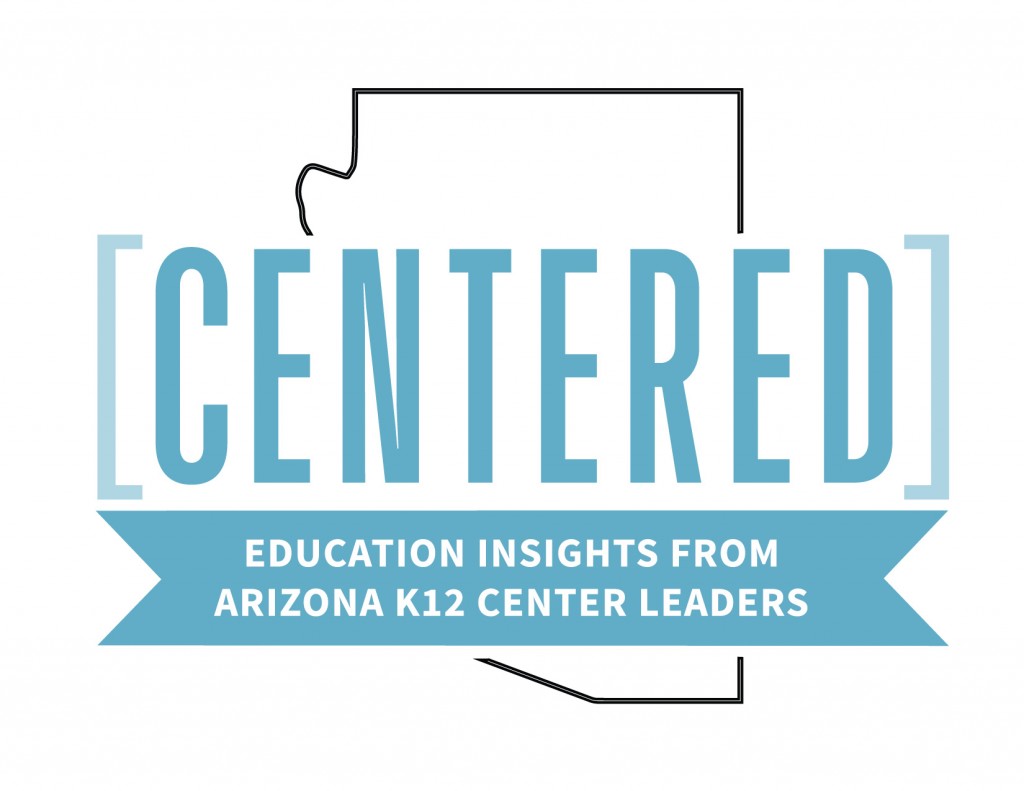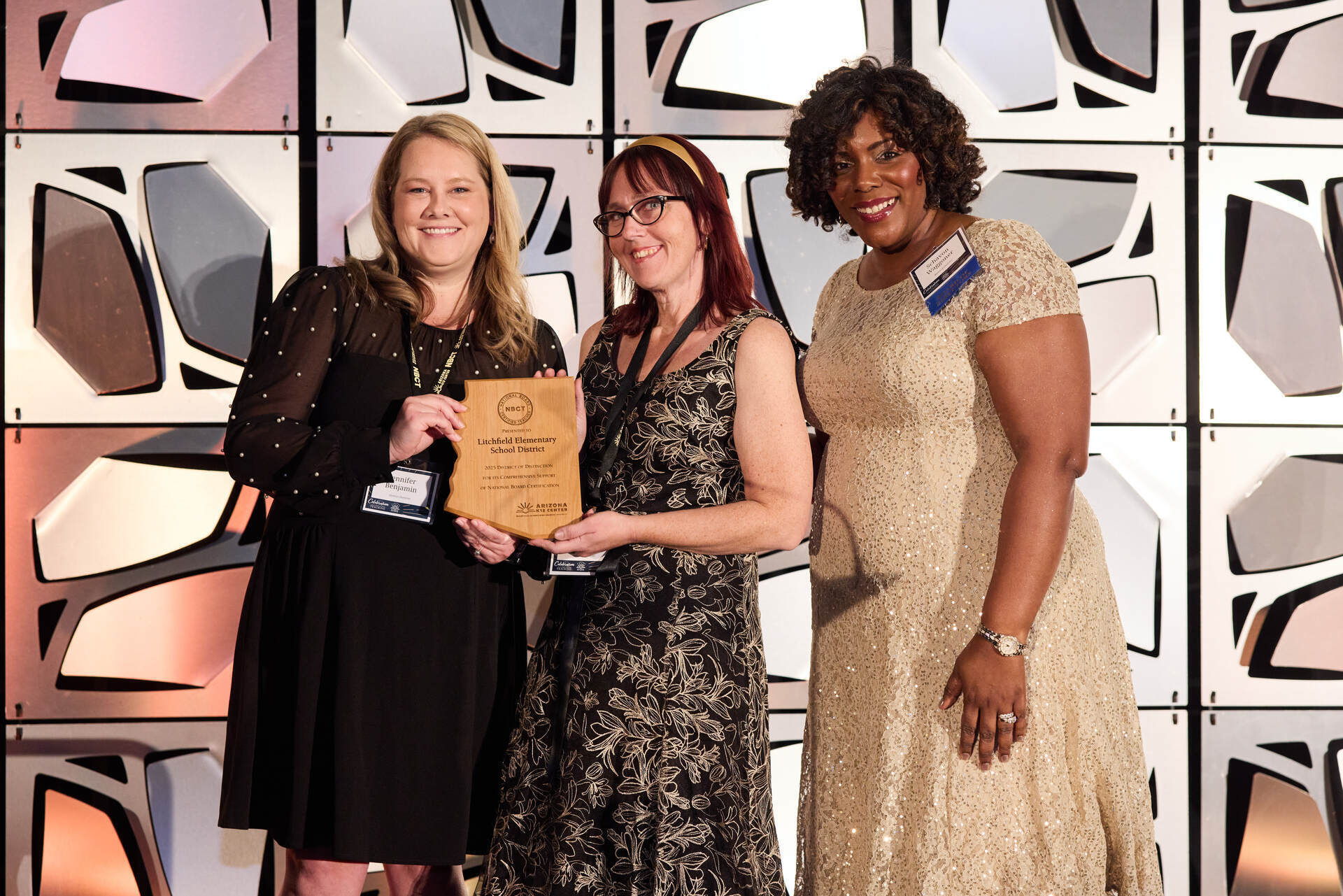December 14, 2016
Courageous Conversations
Centered: The Arizona K12 Center’s Executive Director, Dr. Kathy Wiebke, offers her education insights in this monthly column.
Today is the fourth anniversary of the Sandy Hook Elementary School shooting. This day conjures up the images of 20 innocent first-graders and the six adults who died protecting them. Every year, I think about that day. I imagine the horror going through the minds of the children and their teachers, as well as the unfathomable grief of the parents and families.
There have been far too many school shootings since Columbine. I am not sure why the Sandy Hook tragedy haunts me more than the others, but it does. I think it has to do with the age of the students and the images of teachers wrapping their bodies around their kids to protect them from harm.
The families of Sandy Hook victims produced a public service announcement titled Evan. As the viewer is lulled into the story by a budding relationship, we overlook the making of a mass shooter. While this country will and should continue its debates about guns, we also need to have courageous conversations about those we overlook or let slip through the cracks — before tragedy strikes.
We often overlook the quiet ones; think about those who sit by themselves. We repeatedly dismiss unacceptable behavior as “boys will be boys.” We frequently look the other way when something seems odd or abnormal. We recurrently normalize things that aren’t ordinary, and we excuse things that we shouldn’t accept.
I have more questions than answers, but what I do know is that our schools and families cannot do this alone. On this fourth anniversary, I ask: What can we do to come together to assist those who most desperately need our help? What can we do to make mental health care and counseling available? How can we make sure no one is overlooked? What can we do to create inclusive and caring communities?











